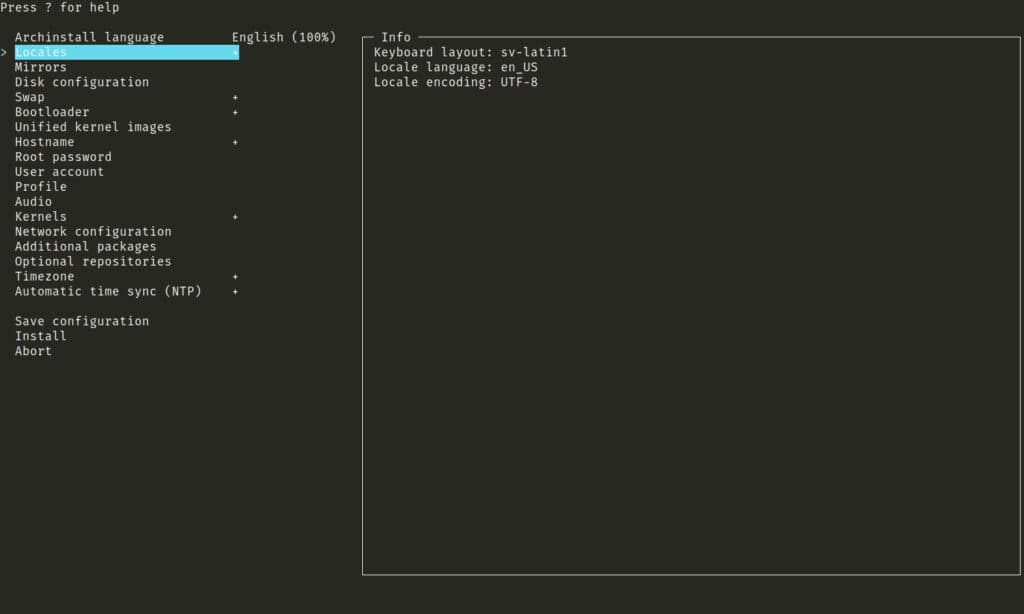Archinstall development team has just released Archinstall version 3.0. For those unfamiliar, it is a guided installer that helps users navigate the often-complex installation process of Arch Linux, making it accessible without compromising on the flexibility that the distro is known for.
Essentially, it aims to take the pain out of manually configuring everything during an Arch setup, while still leaving ample room for personalization and fine-tuning.
One of the biggest highlights of this release is the complete overhaul of the TUI (Text User Interface), which now relies on the ‘curses’ library. This allows for more sophisticated layouts while maintaining a look and feel, promising a smoother experience for both new and seasoned users.

But it’s not just about appearances; Archinstall 3.0 has received significant improvements under the hood. Code quality enhancements were a major focus, including better testing capabilities and introducing new features such as support for Ruff (an extremely fast Python linter and code formatter).
The latest release also tackles several persistent issues. For instance, a fix was implemented to retry fetching mirror lists if an error occurs, addressing a common pain point during installation.
Another notable fix ensures better handling of empty network interface selections, adding an extra layer of resilience during installation. The encryption setup is also better handled—Archinstall 3.0 now explicitly erases LUKS partitions, reducing potential issues.
Meanwhile, there are also added functionalities like get_loop_devices() and improvements, such as excluding the archiso loop device from the installable list to reduce unnecessary complexities during installation.
Other quality-of-life improvements include:
- Adding xss-lock when installing the i3 window manager.
- Notifications of log file locations upon installation completion.
- Improvements to local mirror selection.
Lastly, a minor but noteworthy change is how version numbers will be presented going forward. Archinstall will drop the prepended ‘v’ notation; hence, the next version will be simply 3.0.1 instead of ‘v3.0.0’.
For more information, refer to the changelog.
Image credits: Archinstall
